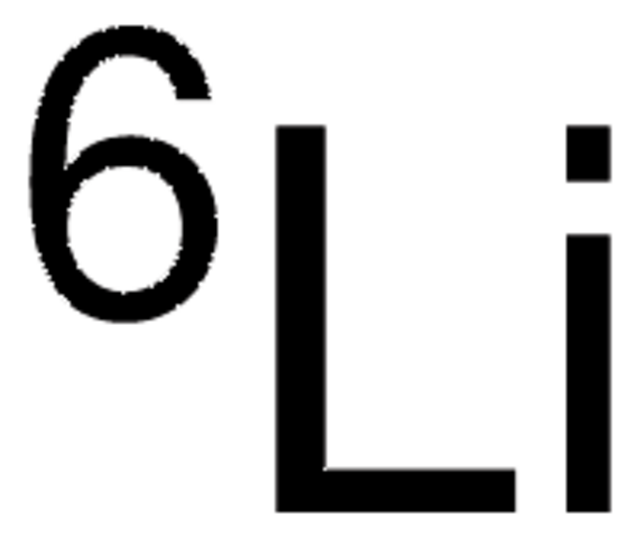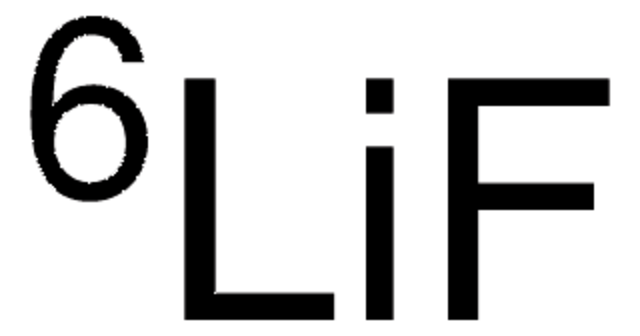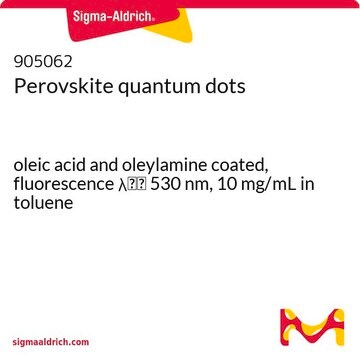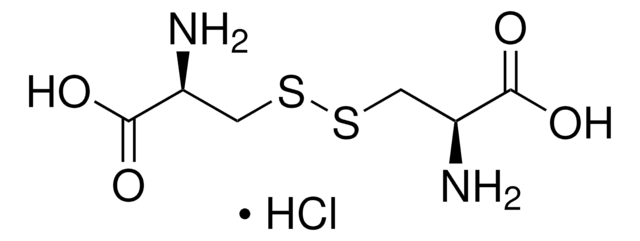809403
Lithium hexafluorophosphate solution
in ethylmethyl carbonate, 2.0 M LiPF6 EMC, battery grade
Synonym(s):
2M LiPF6 EMC
About This Item
Recommended Products
grade
battery grade
Quality Level
form
solution
greener alternative product characteristics
Design for Energy Efficiency
Learn more about the Principles of Green Chemistry.
sustainability
Greener Alternative Product
concentration
2.0 M (LiPF6 in ETC)
impurities
≤15 ppm H2O
≤50 ppm HF
anion traces
chloride (Cl-): ≤1 ppm
sulfate (SO42-): ≤2 ppm
cation traces
Ca: ≤1 ppm
Fe: ≤1 ppm
K: ≤1 ppm
Na: ≤1 ppm
Pb: ≤1 ppm
application(s)
battery manufacturing
greener alternative category
SMILES string
F[P-](F)(F)(F)(F)F.[Li+]
InChI
1S/F6P.Li/c1-7(2,3,4,5)6;/q-1;+1
InChI key
AXPLOJNSKRXQPA-UHFFFAOYSA-N
Looking for similar products? Visit Product Comparison Guide
Related Categories
General description
- H2O <15 ppm
- HF <50 ppm
- APHA <50
- Battery grade
Application
Other Notes
Legal Information
related product
Signal Word
Danger
Hazard Statements
Precautionary Statements
Hazard Classifications
Acute Tox. 4 Oral - Eye Irrit. 2 - Flam. Liq. 3 - Skin Irrit. 2 - STOT RE 1 Inhalation
Target Organs
Bone,Teeth
Storage Class Code
3 - Flammable liquids
WGK
WGK 2
Flash Point(F)
80.1 °F
Flash Point(C)
26.7 °C
Choose from one of the most recent versions:
Certificates of Analysis (COA)
Don't see the Right Version?
If you require a particular version, you can look up a specific certificate by the Lot or Batch number.
Already Own This Product?
Find documentation for the products that you have recently purchased in the Document Library.
Customers Also Viewed
Articles
Solid-state Li batteries: Review of solid electrolytes, ion conduction, structures, and electrochemical processes.
Ionic liquid electrolytes explored for rechargeable batteries' advancement; future IL development discussed.
Our team of scientists has experience in all areas of research including Life Science, Material Science, Chemical Synthesis, Chromatography, Analytical and many others.
Contact Technical Service














